Exploring the Effects of CPAP Therapy on Eye Health
Continuous Positive Airway Pressure (CPAP) machines have fundamentally transformed the management of obstructive sleep apnoea, delivering significant enhancements in sleep quality for countless individuals. While these remarkable devices effectively improve breathing patterns and foster restorative sleep, they may also introduce new challenges, including dry and irritated eyes. Many CPAP users report waking up with uncomfortable symptoms such as burning sensations, gritty feelings, and excessive tearing. Unfortunately, a significant number of these individuals may not realise that their sleep therapy could be the root cause of their ocular discomfort. Understanding this link is crucial for attaining both revitalising sleep and optimal eye health.
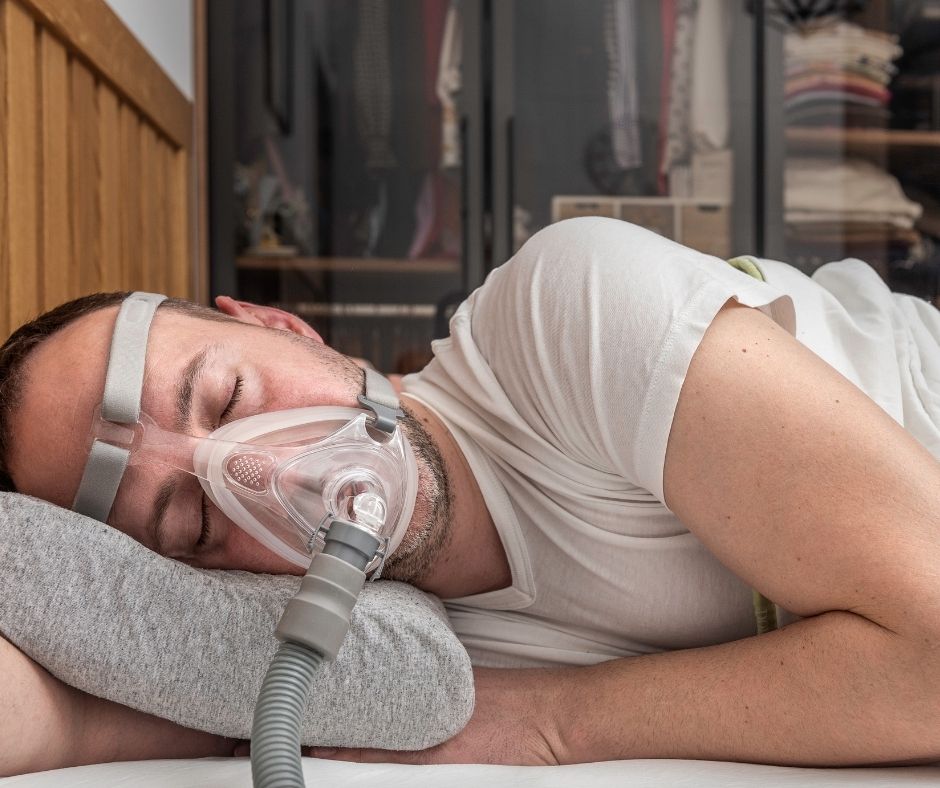
Identifying the Causes of Dry Eye Symptoms Associated with CPAP Use
During sleep, the pressurised air emitted from a CPAP machine can escape from the mask, directing airflow straight towards your eyes. Even the slightest leaks, particularly around the nasal bridge, can result in air blowing upwards, creating a slow yet persistent drying effect on the ocular surface throughout the night. This airflow issue can be especially problematic for individuals who sleep on their back or side, or for those using full-face masks. Frequently, the effects of this continuous airflow go unnoticed until morning, leading to significant discomfort.
The repercussions of this airflow extend beyond just drying the surface of the eye; it can accelerate tear evaporation and contribute to chronic inflammation over time. If this issue continues night after night, the eyelid may struggle to effectively seal and protect the eye, exacerbating discomfort and intensifying dryness symptoms.
Proven Strategies for Relieving Dry Eye Symptoms Related to CPAP Therapy
Begin by thoroughly assessing your CPAP configuration:
- Inspect for Mask Leaks: Ensure that your mask fits snugly and comfortably. A proper seal around your face significantly minimizes air leaks that could irritate your eyes. Masks equipped with a forehead support bar or dual-wall seals can greatly reduce unwanted airflow directed upwards.
- Adjust Your Sleeping Position: Consider slightly elevating your head or sleeping on your side to modify the airflow dynamics around the mask, effectively directing the air away from your eyes.
- Utilise Heated Humidification: If your CPAP device is equipped with a humidifier, ensure it is activated. This feature injects moisture into the airflow, alleviating overall dryness in both the nasal passages and the sensitive tissues of the eyes.
Selecting the Best CPAP Mask to Reduce Eye Irritation
Some CPAP masks are more prone to leaking air around the eye region than others. For instance, nasal pillow masks are specifically designed to direct air solely into the nostrils, making them less likely to cause adverse effects on the eyes. Additionally, masks featuring flexible frames or soft cushions provide better facial contouring, resulting in fewer gaps and diminished air leakage. If you are experiencing eye-related symptoms, trying a different mask style could provide considerable comfort and relief from discomfort.
Uncovering the Benefits of Moisture-Sealing Eye Masks for CPAP Users
For CPAP users grappling with dry eyes, the EyeSeals 4.0 moisture mask has emerged as an invaluable addition to their nightly routines. This soft, medical-grade silicone shield creates a moisture-retentive environment around the eyes, effectively preventing airflow from reaching the delicate ocular surface. The gentle seal not only serves as a protective barrier but also aids in retaining natural tears throughout the night. This mask can be effectively used both with and without CPAP devices, and many users report a significant reduction in symptoms after just a few nights of consistent use.
By helping to maintain the normal tear film during sleep, the EyeSeals 4.0 plays a crucial role in promoting long-term eye health, reducing the need for wake-up treatments or morning eye drops.
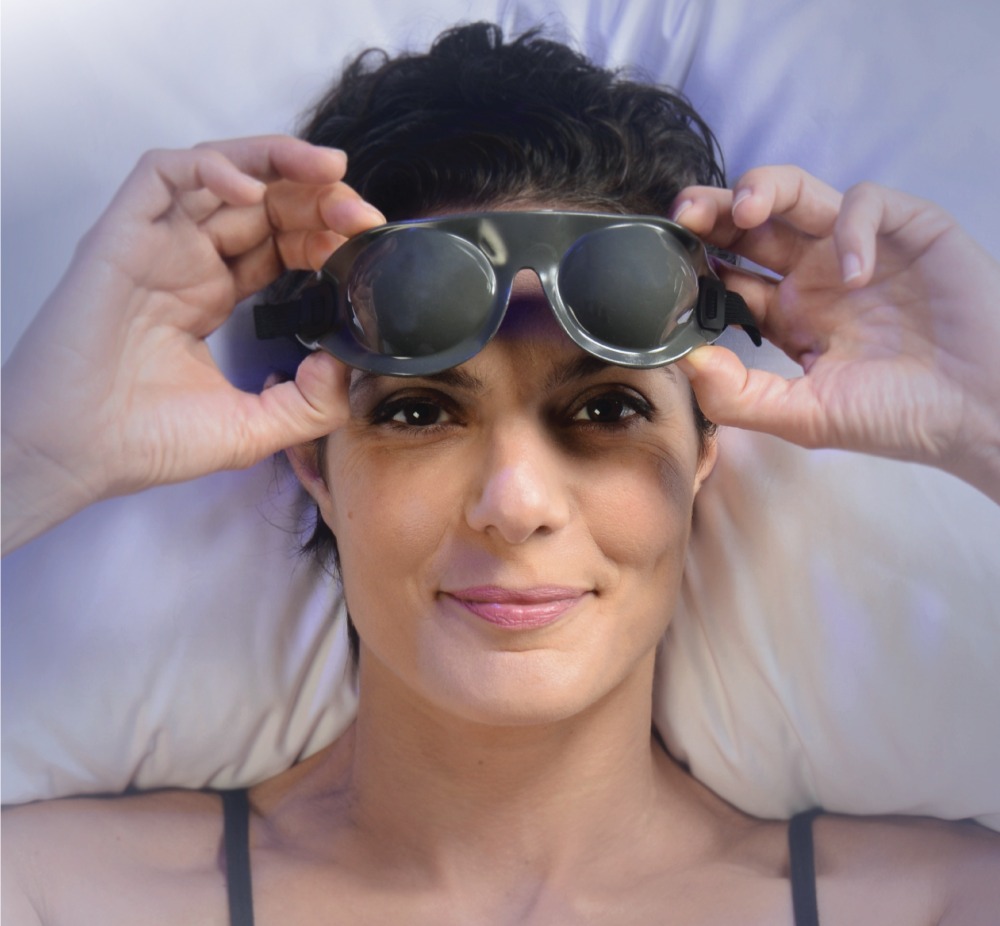
Optimising Your Sleep Environment for Maximum Eye Comfort
There is no reason for CPAP therapy to be coupled with the discomfort of dry eyes. By implementing the appropriate adjustments and employing protective tools like the EyeSeals 4.0, you can enjoy deep, restorative sleep without the irritation or blurriness upon waking. At Eyes By Design, our commitment lies in providing effective dry eye solutions tailored for both daytime and nighttime use, ensuring that your vision remains healthy even in low-light conditions.
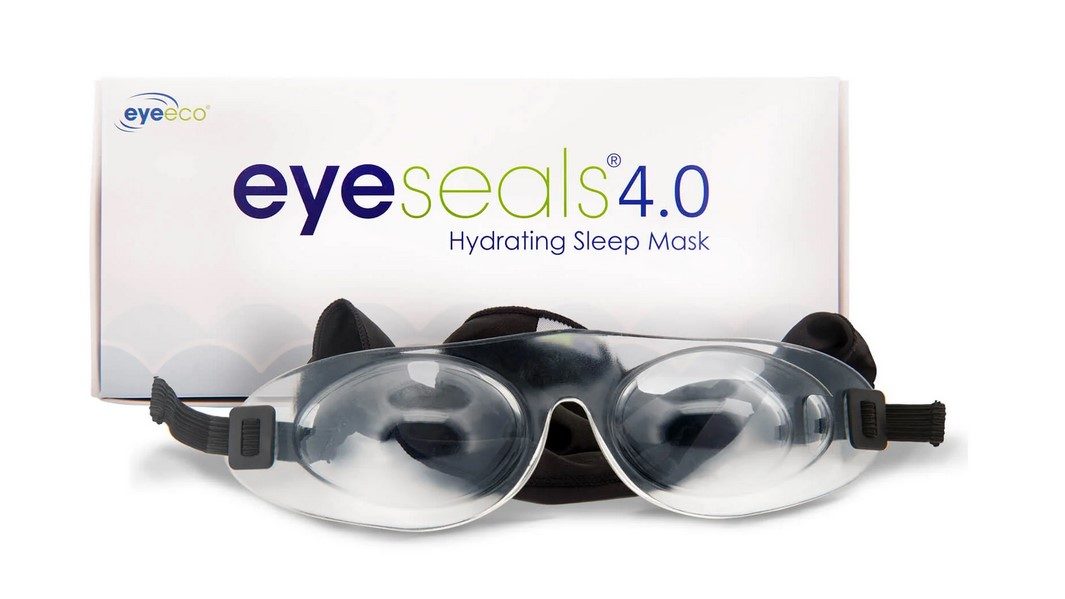
Explore Additional Options for Comprehensive Relief from Dry Eye Symptoms:
- Dry eye supplements such as DRYEye Forte and Lacritec
- Hydrating dry eye creams, mists, and drops including Optimel and Tears Again
- Dry eye heating masks
- Nu Lids Eye System
- Eyes Are The Story – makeup specifically formulated for dry and sensitive eyes
At Eyes By Design, we provide in-store consultations with our experienced optometrists, or you can conveniently explore our online store for an extensive range of dry eye treatment products.
This article aims to enhance understanding and knowledge regarding general eye health topics.
It should not replace professional advice, diagnosis, or treatment.
Always consult your health care provider before making any changes to your health regimen.
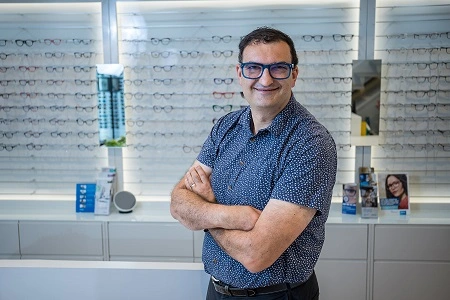
Dr Nicholas Altuneg
For over twenty years, I have devoted my passion to helping individuals of all ages enhance their lives through improved vision. At Eyes by Design, we understand that vision encompasses far more than the ability to see clearly or read small text from a distance; it profoundly influences your perceptions and reactions every moment of the day.
Discover more about Dr Nick
The Article: CPAP Machine Causing Dry Eyes Upon Waking? Here’s Why. first appeared on https://writebuff.com
The Article CPAP Machine and Dry Eyes Upon Waking: Key Reasons Explained Was Found On https://limitsofstrategy.com
References:
CPAP Machine and Dry Eyes Upon Waking: Key Reasons Explained
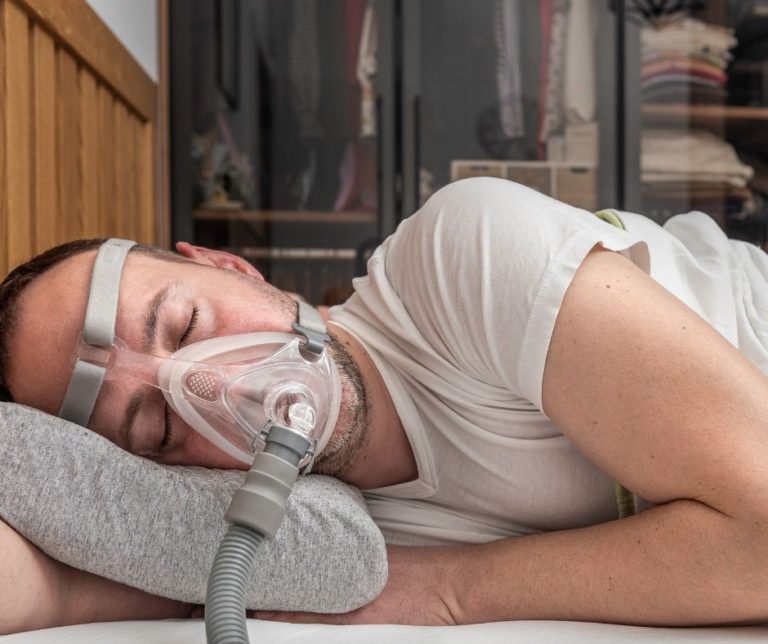



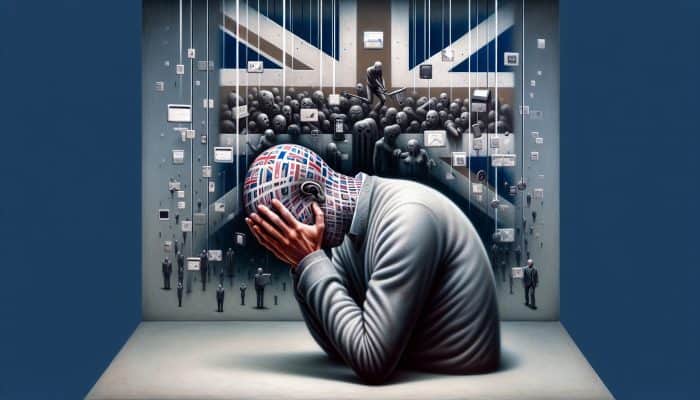
I’ve been using a CPAP machine for a little over a year now, and I can totally relate to the eye discomfort you mentioned. It’s almost like a rite of passage for newcomers to CPAP therapy—suddenly realizing that not only are you navigating the adjustments to the machine, but also dealing with these unexpected side effects. I’ve had my fair share of mornings waking up feeling like I’d spent the night in a dusty attic, squinting through dry, irritated eyes. It’s funny how we often focus on the immediate benefits of better sleep, which are undeniable, but then overlook these subtler bits of discomfort that can really impact our day.